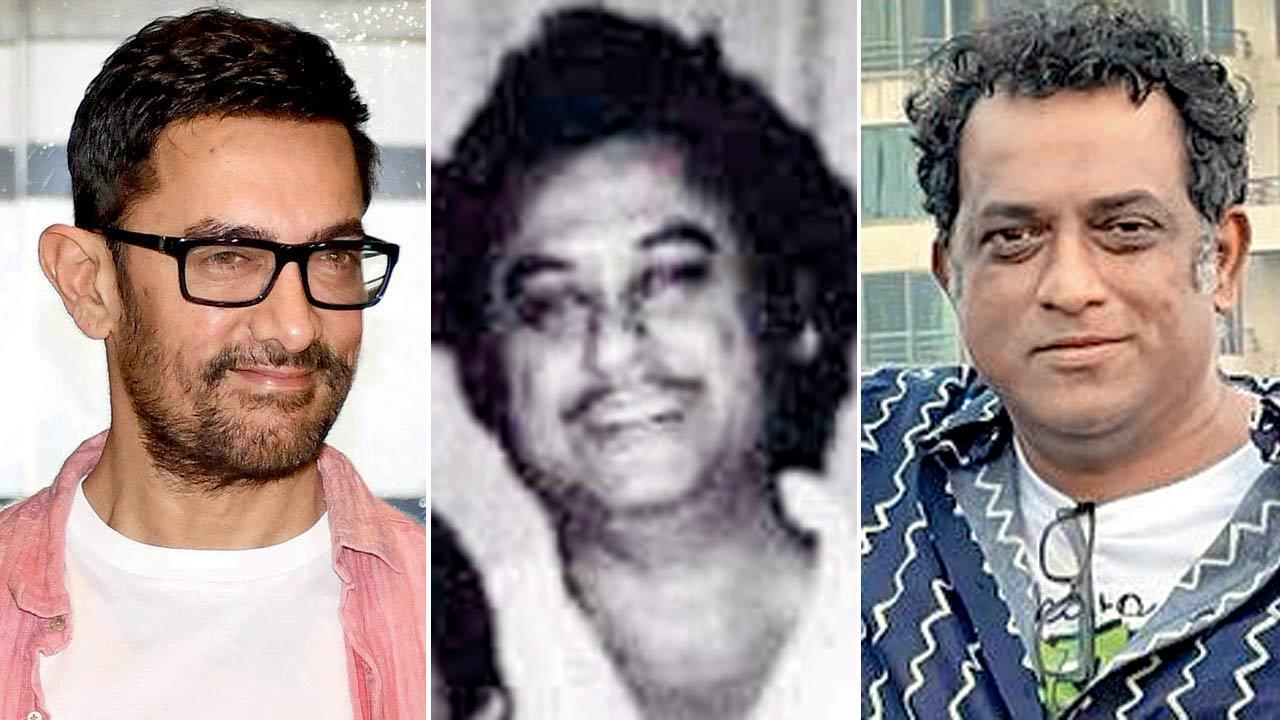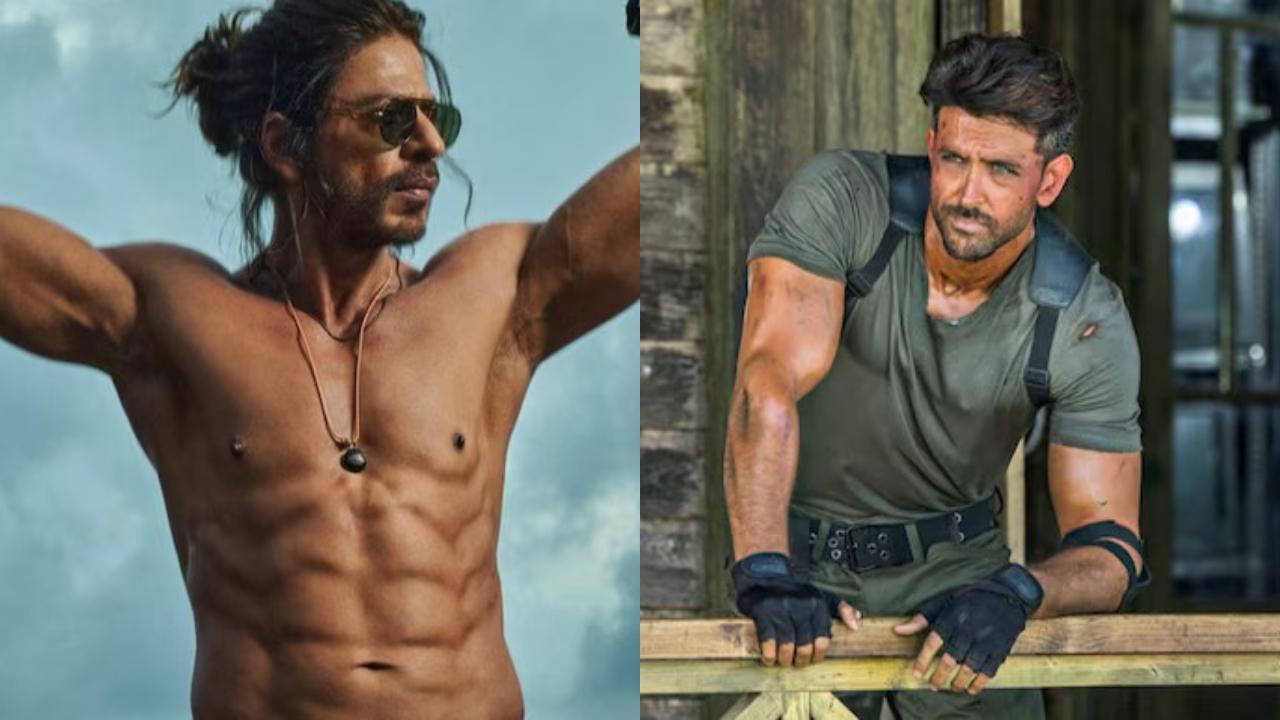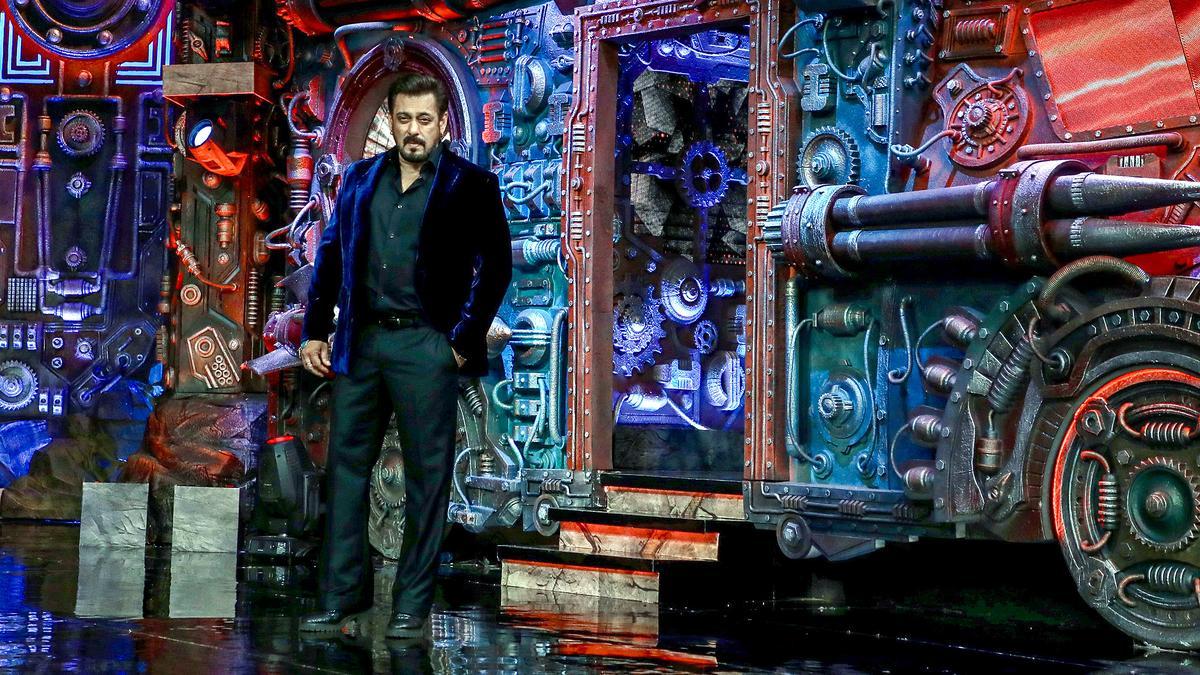
Ali Abbasi’s movie, The Apprentice, invites its audience on a compelling and unsettling journey into the nascent phase of Donald Trump’s evolution, from an audacious and aggressively ambitious heir to a conspicuously hollowed public persona known globally. This film aims to delineate a narrative that extends beyond the endless barrage of news and scandalous headlines; it seeks to illuminate the broader canvas of how power inexorably corrupts the already corruptible spirit. It’s an exploration not merely of Trump but a deeper inquiry into how one man’s relentless pursuit of ambition can yield an ethically bankrupt being when mentored by the wrong influences.
Leading the cast, Sebastian Stan undertakes the formidable challenge of bringing a youthful Trump to life, exuding a physical portrayal that veers on the edge of cartoonish. With an unnerving precision, Stan channels Trump’s quintessential traits, rendering on screen the pronounced pouts, primitive gestures, and that infamous slack-jawed grin. Yet, what elevates Stan’s performance is his encapsulation of Trump’s emotional odyssey—a young man, still searching for a definitive identity but achingly aware of his propensity to forsake moral codes in pursuit of an indelibly impactful persona. This very persona, tragically, would come to haunt America’s political topography for years to follow.
Central to the film’s narrative thrust is Trump’s interaction and subsequent affinity with Roy Cohn, a notorious lawyer known for his role in sending the Rosenbergs to their execution. With an arresting, serpentine fervor, Jeremy Strong inhabits the character of Cohn, delivering a performance that captures the cold calculation and single-minded ruthlessness reminiscent of the archetype power-player. Cohn perceives in Trump a partner reflecting his ignoble proclivities: a shared inclination for deceit, ethical ambivalence, and an alarming moral malleability that makes him an ideal protégé.
The Apprentice subverts expectations of a traditional political biography by embedding this narrative in the depths of an unlikely and twisted camaraderie. Abbasi’s narrative choices cleverly depict Cohn and Trump’s relationship not just as mentor and protégé but as a disquietingly intimate bond. It’s a mutual acknowledgment of their shared disdain for constraints, a connection seasoned with an unsettling affection where loyalty is just another word for shared debasement.
What unfolds are sequences replete with brazen plotting, conspiratorial whispers, and devious strategizing, suffused with the kind of slick camaraderie that leaves a viewer ill at ease. The pair’s exchanges carry the subtle charge of an eerie, uneasy erotic tension—not overt, but palpable enough to add layers of complexity to their sordid alliance.
The film’s efficacy leans heavily on its stars.
. Jeremy Strong’s interpretation of Cohn emerges as a masterclass in manipulation and hardened cynicism, presenting a veneer of tanned civility that only thinly masks the seething contempt beneath. Watching him weave through courtroom machinations, instruct Trump on media manipulation, or nonchalantly dismantle lives is disturbingly prophetic. Meanwhile, Stan teeters intimidatingly close to humanizing Trump by portraying his early missteps with a rare, almost pitiful vulnerability. Only a fleeting glimpse of self-serving malice underpins these moments, reinvigorating the audience’s awareness of the subject at hand.
Abbasi’s directorial approach amplifies the film’s pervasive sense of moral disquiet. Known for a penchant for the grim and unsparing, as evidenced in Holy Spider, Abbasi opts for a visual representation of the 1970s New York that is both enticing and repellent—a playground for opportunists like Trump to exploit for personal gain. The work of cinematographer Kasper Tuxen is instrumental in juxtaposing the city’s decaying allure against the moral squalor of its inhabitants, creating a haunting aesthetic of a metropolis in decline.
The script delivers moments of mordant humor, bringing occasional levity amidst the darkness with gallows humor that may elicit reluctant laughter. Certain moments stand out, such as Trump’s comical angst over his appearance or Cohn’s chastising remarks about his sartorial choices, yet these are swiftly undercut by reminders of the monstrous figure Trump is becoming.
However, as the film progresses, a slight pacing issue emerges, with the latter half leaning more toward sensationalism through dramatic headlines. A particularly publicized portrayal of sexual assault involving Trump and his former wife Ivana shifts the tone, detracting from the nuanced psychological exploration that marked earlier sections of the film.
Yet, despite the occasional tonal inconsistency, The Apprentice maintains an unsettling focus on myth-making—the deliberate crafting of Trump’s persona as an untouchable success. It’s another telling of the archetypal fall, except here Abbasi provocatively asserts that Trump never truly collapses. More damning is the film’s thesis: the audience witnessed his ascension every step of the way without pausing for intervention. Underpinning this cautionary tale are remarkable performances from Stan and Strong, rendering Abbasi’s depiction of this American nightmare one that lingers hauntingly.
Initially set for release today, The Apprentice has postponed its debut in Indian cinemas following an uncut, uncensored premiere last night.










